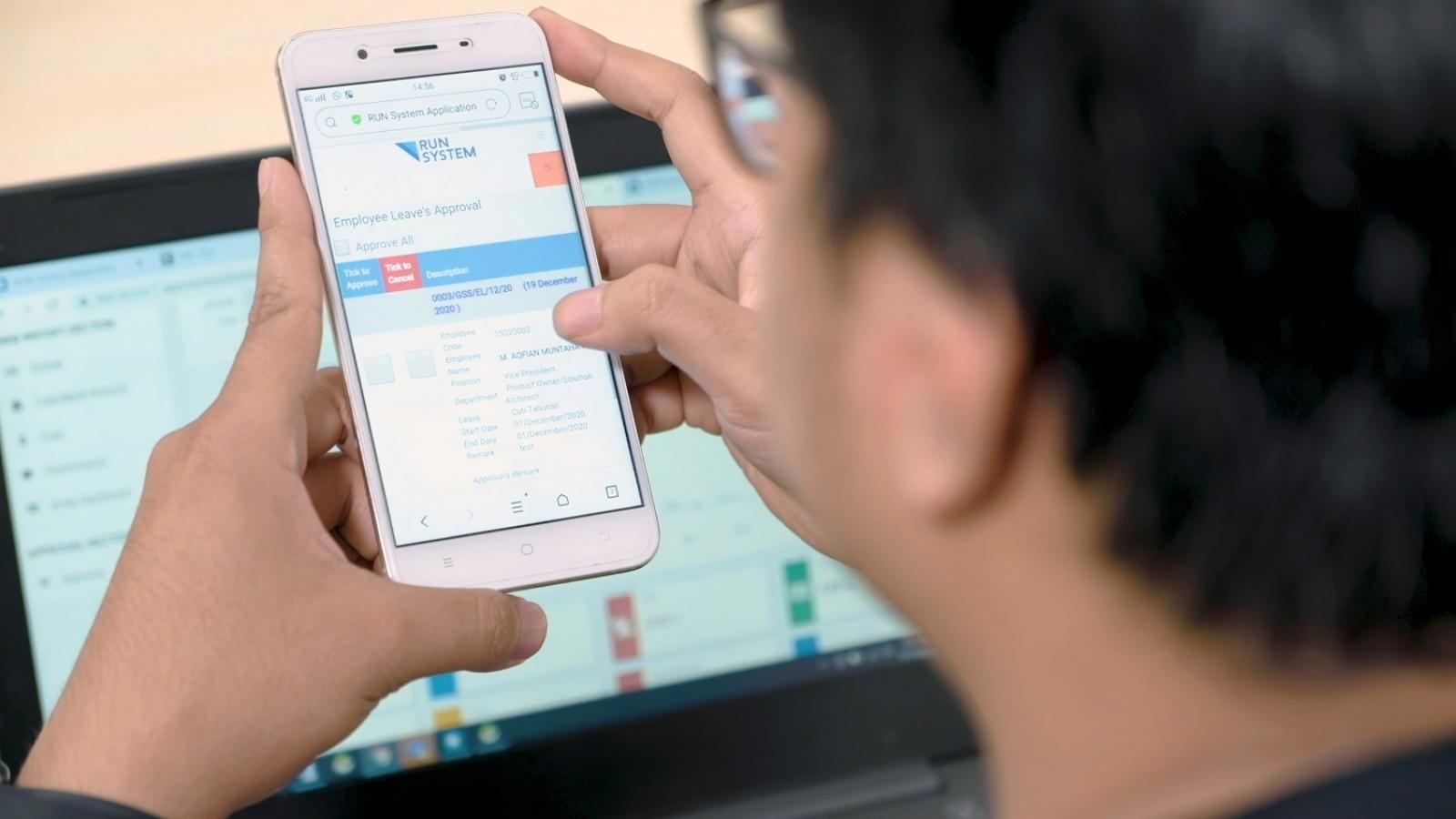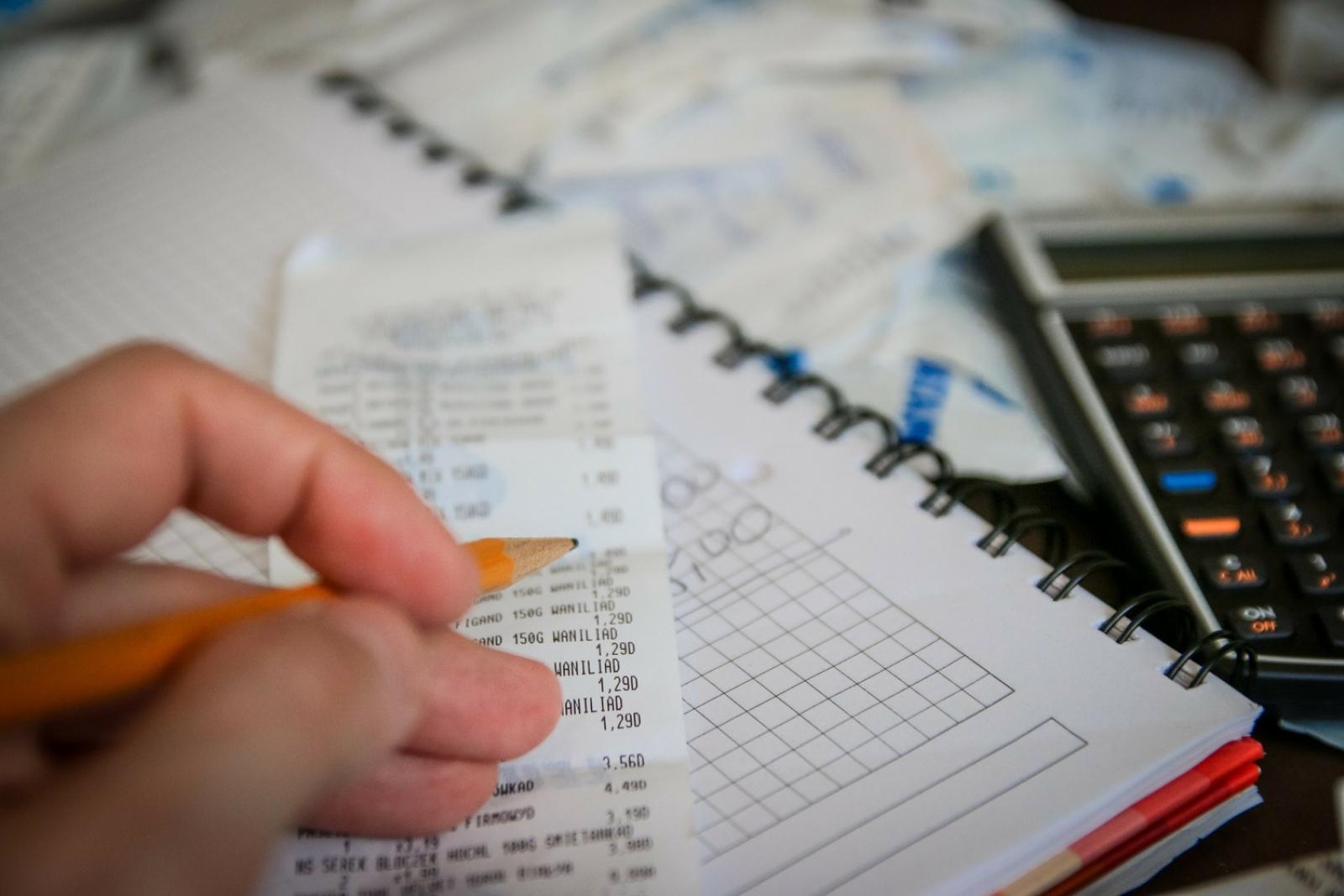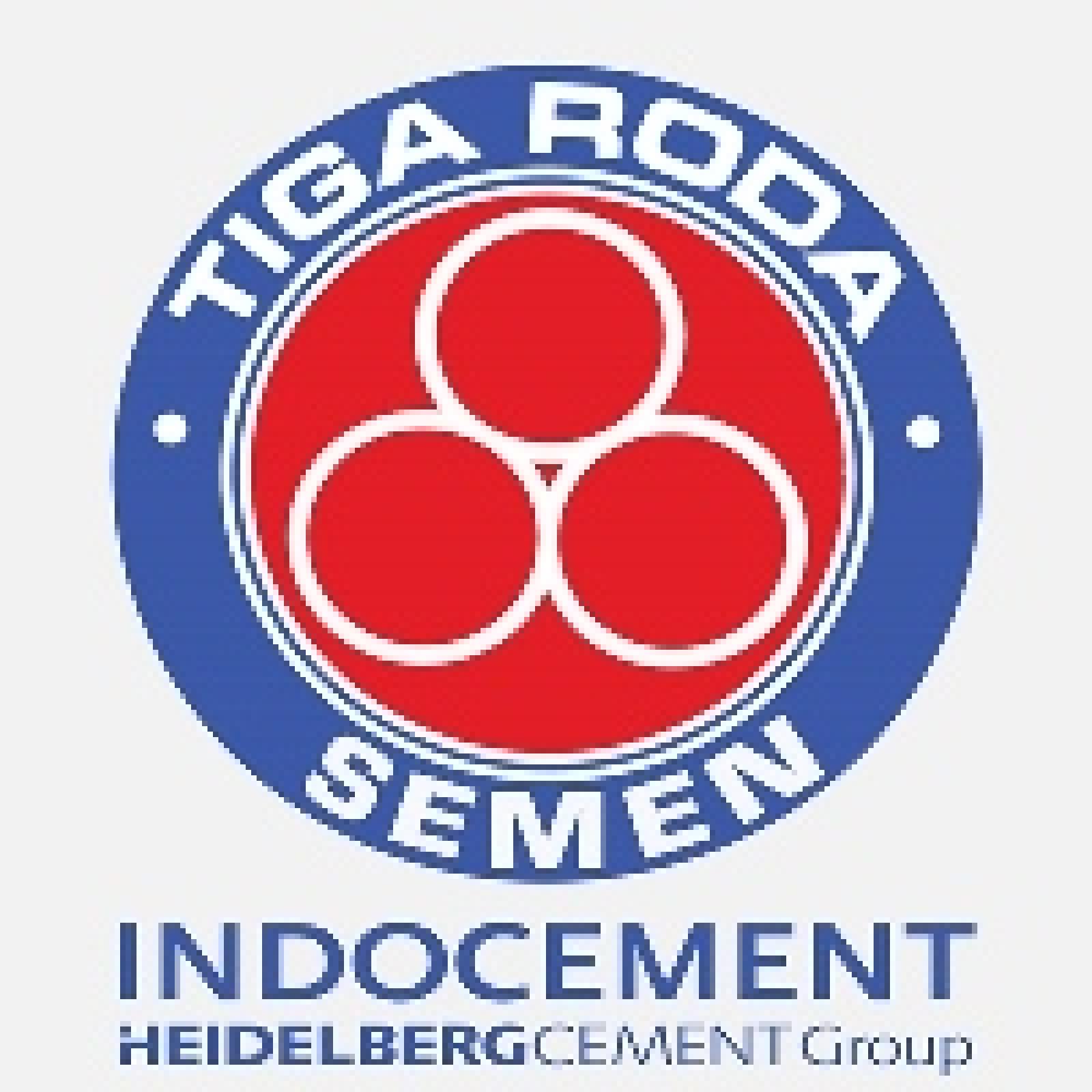As is the case in nearby South Korea, Japan has no shortage of large gaming companies. However, many of these have taken a non-committal stance on blockchain gaming.
For the most part, this is due to Tokyo (and Seoul)’s strict regulation of three key sectors: crypto and crypto exchanges, video games, and gambling.
However, Tokyo has been trying to reform its crypto-related laws after pressure from the industry.
Political opponents have accused the ruling Liberal Democratic Party (LDP) of forcing Japanese web3 startups overseas.
The government has already responded by relaxing tax rules for crypto-holding firms. It is expected to follow up with tax reforms for individual crypto traders.
Political uncertainty and the surprise prominence of a reflationist-minded candidate in Japan's ruling party leadership race may add pressure on the central bank to go slow on raising interest rates further away from historic lows https://t.co/hO6BvTbpoY
— Reuters (@Reuters) September 25, 2024
Overseas Examples
Nikkei traditionally has reliable sources at the FSA. The newspaper reported that the reforms may “make it easier” for players to “purchase items in games using cryptoassets, as is the case overseas.”
Currently, Japanese firms that use tradeable in-game currencies or cryptoassets must prove they have enough money to refund users in the event of a hack or other emergency.
This has proven “burdensome” for Japanese gaming firms. However, the FSA appears open to the idea of modifying or doing away with this requirement.
Asset management, another thorny issue for crypto-curious gaming firms, is also set for a review.
The media outlet said the regulator began talks at a working group meeting of the council on September 25.
Inspired by the hugely popular "Black Myth: Wukong" video game, Chinese tourists are flocking to temples, pagodas and other historic sites in Shanxi https://t.co/yMGgyvVYlL
— Bloomberg (@business) September 24, 2024
Tax System ‘Not a Good Fit for Web3’
The council is the FSA’s main advisory body. It is tasked with researching regulatory issues and forming financial policies on regulations-related matters.
CoinPost noted that Masaaki Taira, the chairman of the LDP’s web3 policy unit recently stated that Japan’s tax system is “not optimized” for startups “in the modern era.”
“When [Japanese] startup companies hold and issue tokens that are not as [well-known] as Bitcoin, accounting firms cannot conduct proper audits. This remains a problem.”
Masaaki Taira, LDP lawmaker





